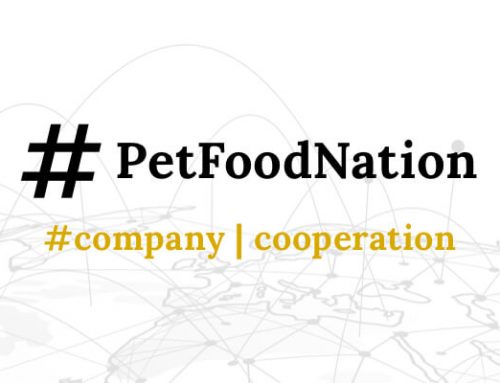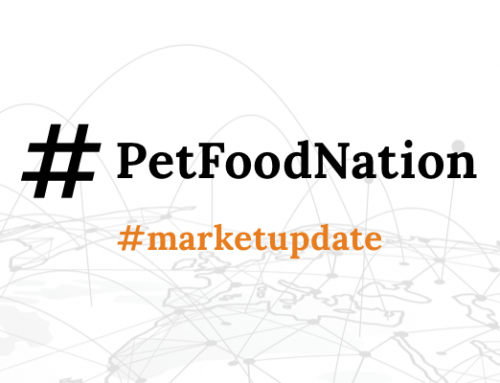Pet owners pay more attention on ethical issues such as environmental or social impact while buying pet food compared to other buyers. This attitude is more common in Europe and North America. According to the Euromonitor International report “Pet Care Post-COVID Trends in Europe”, pet food consumers are attracted by marketing about animal welfare, ecological effects and sustainability in general.
There were 10 countries listed by the consumers ethical demands:
Percentage of all online pet SKUs making ethical claims
France: 7.5%
US: 6.9%
New Zealand: 6.8%
Switzerland: 6.8%
Ireland: 6.4%
Netherlands: 5.8%
Belgium: 5.1%
Sweden: 4.4%
Mexico: 4.4%
UK: 4.4%
Ethical demands were separated into four categories. The first one was animal welfare that covered livestock husbandry like free range chickens. Environmentally friendly methods include avoiding the use of pesticides. Issues of the sustainable packaging are compostable, recyclable and reusable boxes. The fourth category, sustainable sourcing, dealed with the source of ingredients or any materials used.
According to the report, small independent pet food companies are able to meet sustainable needs better than global players. The researchers compared Edgard and Cooper, a small company, to the two largest global pet food players Nestle Purina PetCare or Mars Petcare. The results show that 80% of Edgard and Cooper’s products meet ethical standards but less than 5% oft he products of to Nestle Purina PetCare or Mars Petcare. Additionally, Edgard and Cooper established goals to achieve net zero emissions.
The consequence would be that small companies which account only a tiny part of the whole pet food market could achieve a better conversion of production to consumers needs than the large pet food company.




